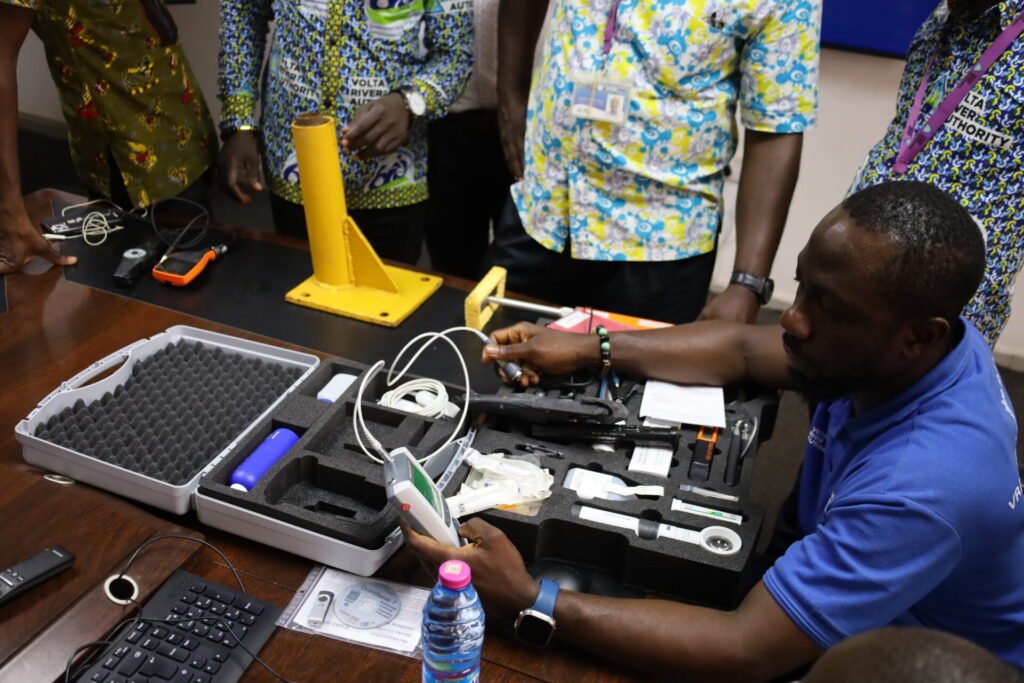Building on the CP2, this course focuses on high-level data interpretation, troubleshooting complex system issues, and performing design calculations for both galvanic and impressed current systems.CP Technicians and other professionals ready to advance their knowledge to include data interpretation, troubleshooting complex issues, and performing design calculations for CP systems.
